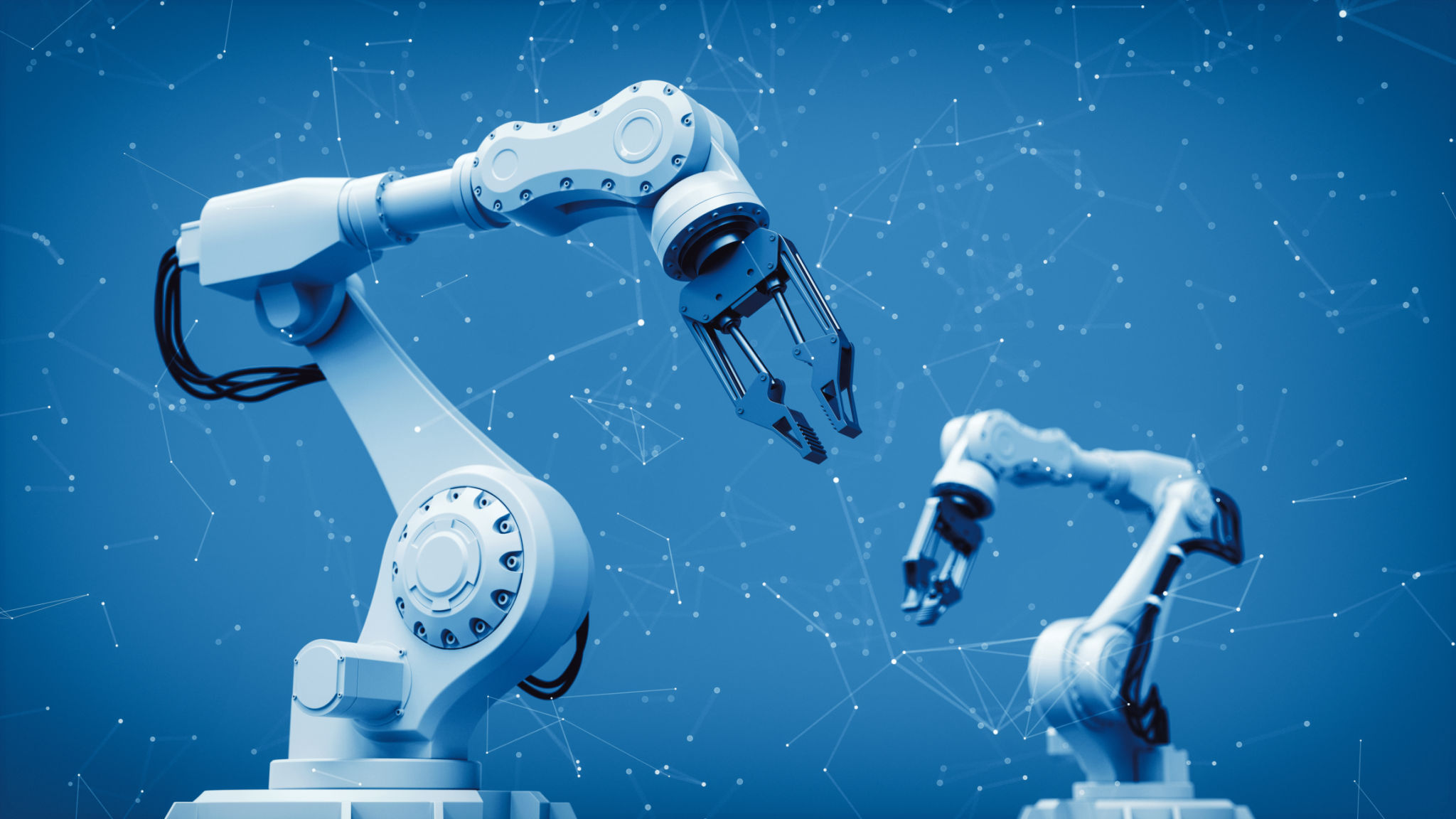How AI is Revolutionizing Future Factories in Hangzhou
The Rise of AI in Manufacturing
In recent years, the integration of artificial intelligence (AI) in manufacturing has marked a significant shift in how factories operate. Hangzhou, a city known for its technological advancements and innovation, is at the forefront of this transformation. By leveraging AI, factories in Hangzhou are setting new standards for efficiency, productivity, and sustainability.
AI technologies are enabling manufacturers to optimize processes, reduce downtime, and enhance product quality. Through predictive maintenance, for instance, factories can anticipate equipment failures before they occur, minimizing disruptions and costs. This proactive approach not only saves money but also extends the lifespan of machinery.

Enhancing Efficiency with AI
The implementation of AI-driven solutions in Hangzhou's factories is revolutionizing traditional manufacturing processes. Robotics and automation are playing pivotal roles in streamlining operations. These intelligent systems can perform repetitive tasks with precision and speed, allowing human workers to focus on more complex and creative activities.
Moreover, AI is enhancing supply chain management by predicting demand patterns and optimizing inventory levels. This ensures that factories can respond swiftly to market changes, reducing waste and improving customer satisfaction. The integration of AI into supply chains is a game-changer for manufacturers aiming to stay competitive in a global market.

AI-Powered Quality Control
Quality control is another area where AI is making a substantial impact. In Hangzhou, factories are adopting machine learning algorithms to inspect products at various stages of production. These algorithms can detect defects with greater accuracy than human inspectors, ensuring that only the highest-quality products reach consumers.
By leveraging computer vision and deep learning technologies, AI systems can analyze thousands of images per minute to identify inconsistencies and anomalies. This not only enhances product quality but also reduces the likelihood of recalls, saving companies from potential reputational damage.

Sustainability and Environmental Impact
AI is also contributing to sustainability efforts in Hangzhou's manufacturing sector. By optimizing energy consumption and reducing waste, AI technologies help factories minimize their environmental footprint. Smart sensors and IoT devices collect real-time data on energy usage, allowing for adjustments that lead to significant reductions in energy consumption.
Furthermore, AI-driven analytics can identify opportunities for recycling and reusing materials, contributing to a circular economy. As sustainability becomes a priority for businesses worldwide, Hangzhou's AI-enhanced factories are setting an example of how technology can drive positive environmental change.
The Future of AI in Hangzhou Factories
The future of manufacturing in Hangzhou looks promising with the continuous evolution of AI technologies. As these technologies become more advanced, factories will adopt even more sophisticated systems that further improve efficiency and productivity. The convergence of AI with other emerging technologies like 5G and blockchain will redefine the manufacturing landscape.
Hangzhou's commitment to innovation ensures that its factories remain at the cutting edge of technological advancements. As AI continues to revolutionize manufacturing, the city is poised to become a global leader in smart factory development. With its strategic initiatives and investments in technology, Hangzhou is shaping the future of manufacturing worldwide.
